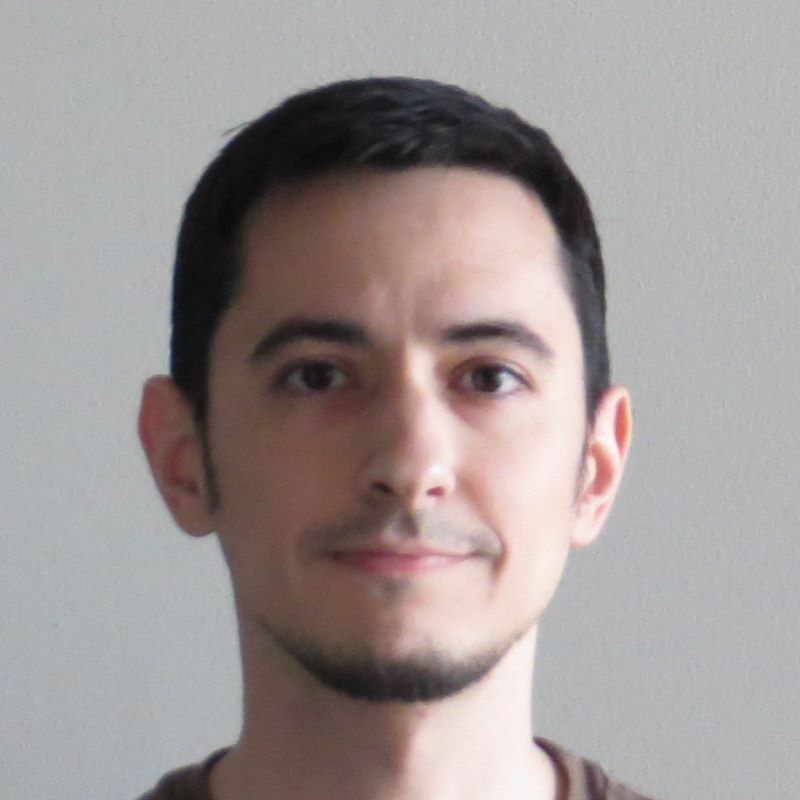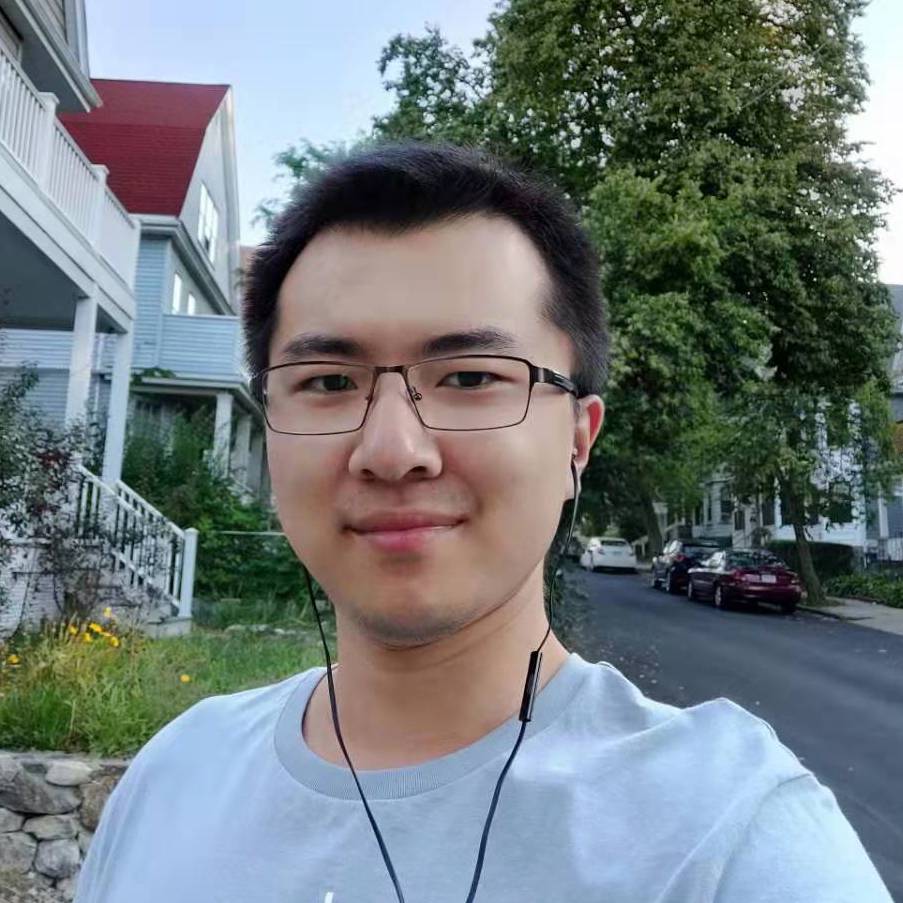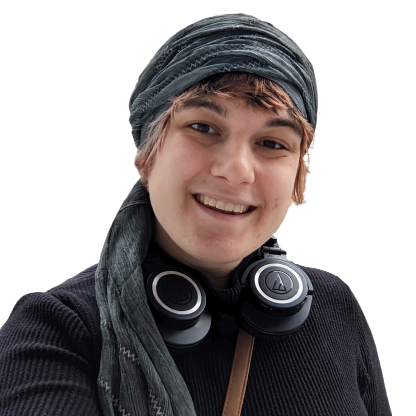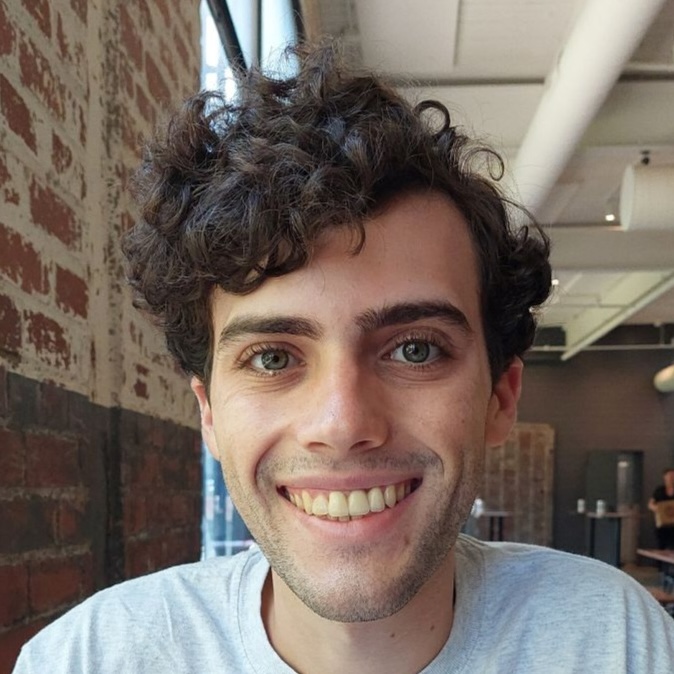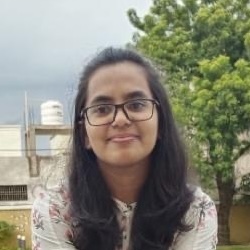Ankush Das

![]() Google Scholar
Google Scholar
![]() ankushd [AT] bu [DOT] edu
ankushd [AT] bu [DOT] edu
![]() Github
Github
Bitbucket
![]() ResearchGate
ResearchGate
![]() CDS 1024
CDS 1024
665 Commonwealth Ave,
Boston, MA 02215
I am a tenure-track assistant professor in the Computer Science Department at Boston University and I am looking for motivated PhD students. My research interests are broadly in the area of programming languages, with applications in cryptographic protocols, distributed systems, and recently in probabilistic and machine learning models.
Interested in working with me? Please reach out to me directly and/or apply to the CS PhD program at Boston University.
Until Dec 2023, I worked as an applied scientist at Amazon working in the Automated Reasoning Group. At Amazon, I worked on testing and verification of distributed protocols and proving security and privacy of distributed systems.
I graduated with a PhD from Carnegie Mellon University in 2021 where I was advised by Prof. Jan Hoffmann and closely worked with Prof. Frank Pfenning. I am broadly interested in programming languages with a specific focus on resource analysis, session types, distributed protocols, and language design for smart contracts on the blockchain.
I am the lead designer and developer of Nomos, a domain-specific language for implementing smart contracts. I have also designed Rast along with Prof. Frank Pfenning, a language implementing resource-aware session types with arithmetic refinements.
Before joining CMU, I worked as a Research Fellow at Microsoft Research, India with Akash Lal where I developed an efficient method to perform precise alias analysis for C and C++ programs for Windows driver modules to automatically infer safe null pointer dereferences.
I completed my undergraduate at IIT Bombay, India in 2015 where I worked with Prof. Supratik Chakraborty and Prof. Akshay S on deciding termination of linear loop programs.
